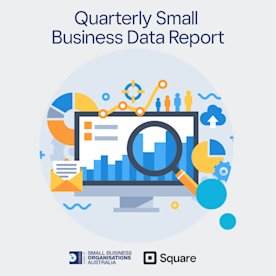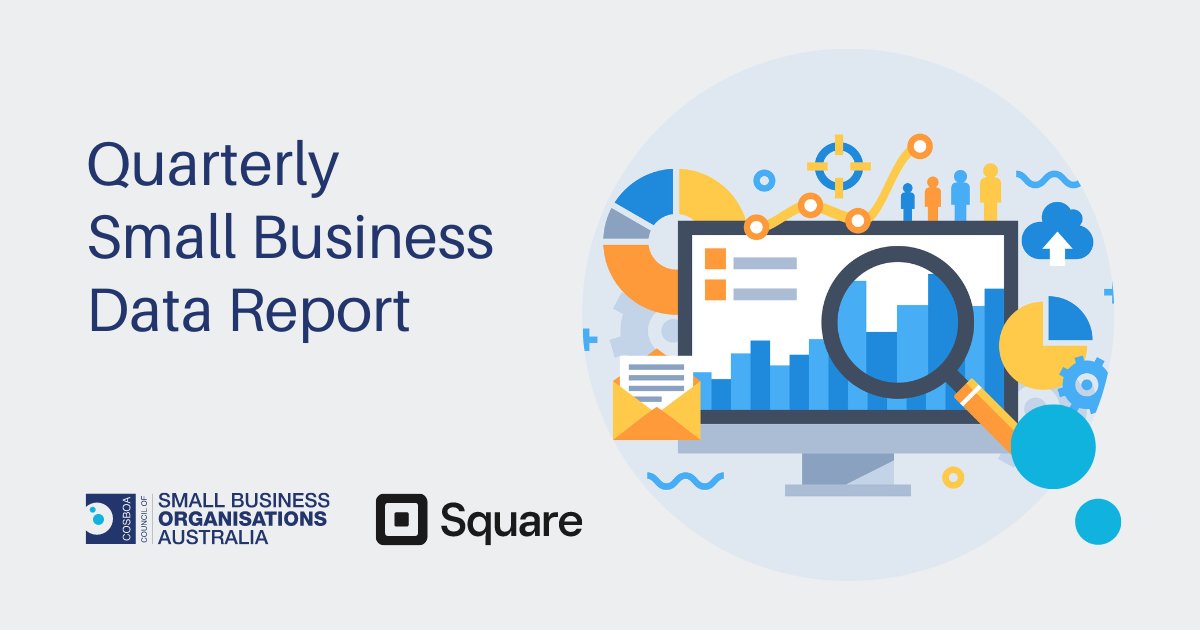Square and COSBOA report outlines small business challenges


The new quarterly Small Business Data Report released by COSBOA and Square shows that Australian small businesses, whilst resilient in their recovery from the pandemic, face new challenges in 2023, including rising inflation, recession risks, and workforce shortages.
The report provides a comprehensive analysis of the current state of Australian small businesses and the challenges they are facing in the year ahead, and compiles important data for small businesses, policymakers, and the broader community to foster a thriving small business sector in Australia.
Key findings from the report include:
-
Small businesses face a range of unique challenges in 2023, including workforce shortages, rising inflation, energy prices, and economic uncertainty.
-
High job vacancy rates persist, with job vacancies at 194.9% of pre-pandemic rates, with continued workforce shortages impacting small businesses across Australia.
-
Uncertainty continues to affect business confidence; government support, industry collaboration, and consumer engagement are needed to foster a thriving ecosystem for future growth.
This report is the second in a quarterly series that aims to provide a unique insight into the reality of small businesses in Australia.
COSBOA has traditionally been recognised for its ability to draw on anecdotal evidence from its base of 45+ industry associations in its conversations with media, governments, and regulators. Now that anecdotal evidence of small business sentiments and struggles is being supported with real and up-to-date data.
The reports leverage data and analytics from COSBOA’s partner, Square, as well as numerous existing data-sets that incorporate the experience of hundreds of thousands of small businesses from across Australia.
With this series of reports, COSBOA endeavours to offer an additional perspective – to show what small businesses, and the broader community, are seeing on the ground – to be considered by bureaucrats, and to challenge some of the macroeconomic data that is often too heavily relied upon to make policy decisions.